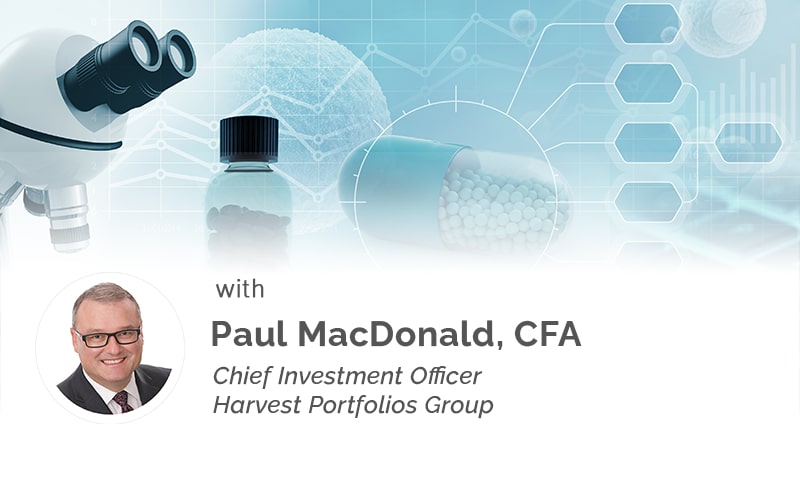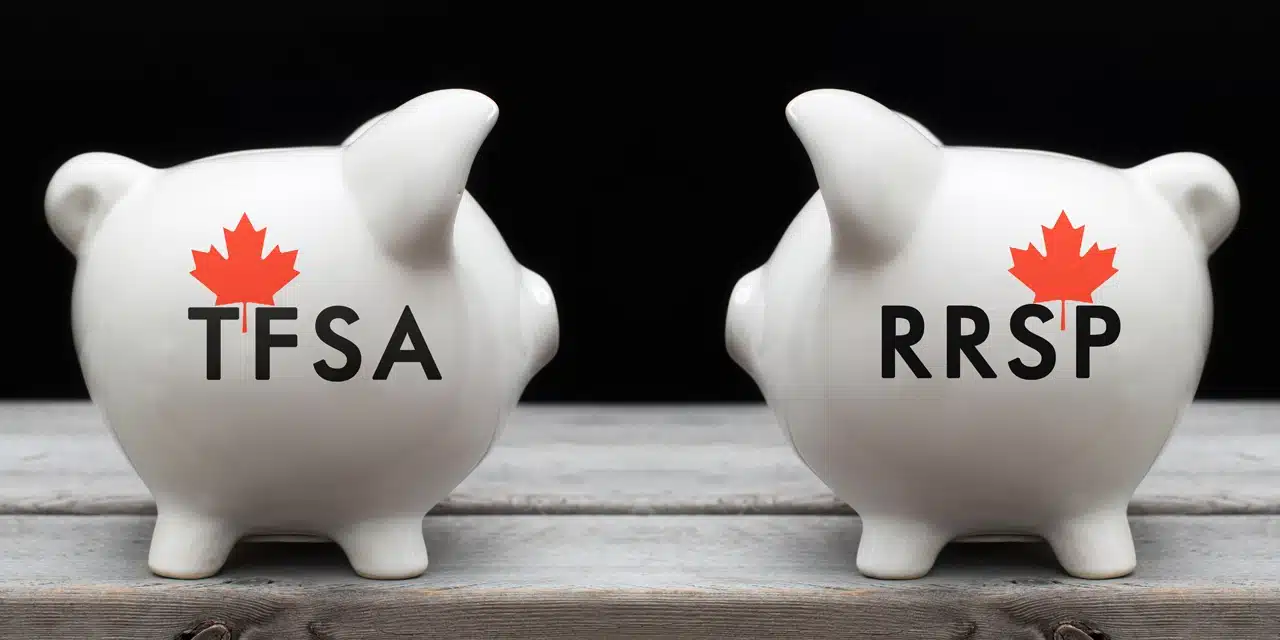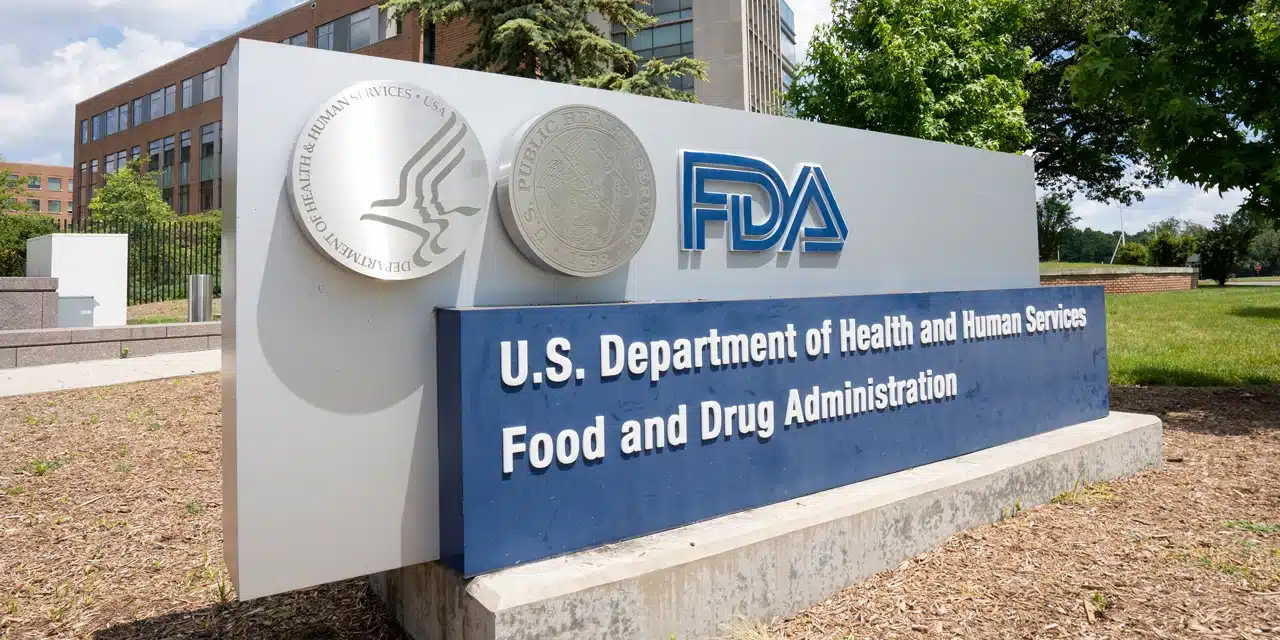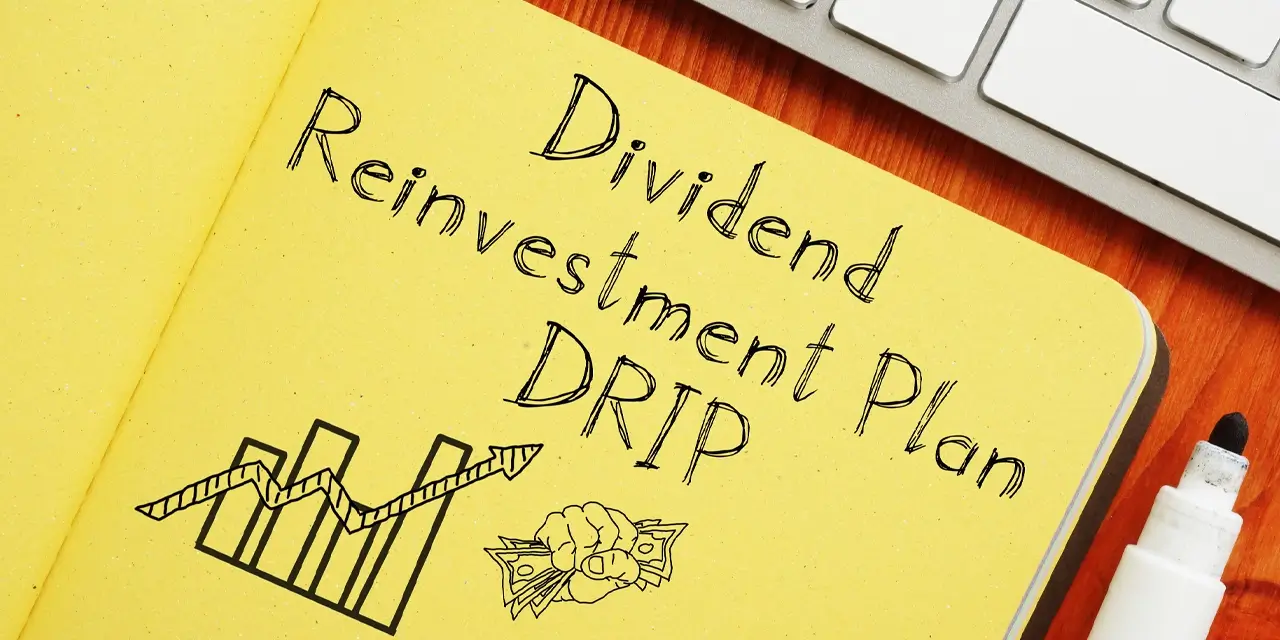
 |
By Paul MacDonald, CFAChief Investment Officer |
As part of the global pandemic response by Big Pharma, Merck & Co. has agreed to manufacture a vaccine developed by its rival Johnson & Johnson Inc.
At a recent event at the White House, with both CEO’s present, President Biden singled out the co-operation as an “historic, nearly unprecedented collaboration.” The deal has enabled the U.S. to accelerate its vaccine role out and to have enough supply for every American adult by the end of May. He said he has a goal to gain “independence” from COVID-19 by the Fourth of July.
President Biden went on to say: “And it’s not just Johnson & Johnson and Merck; Pfizer and Moderna also worked closely with us to help speed up the delivery of millions of more doses,
The partnership between these competitors is truly unprecedented, agrees Paul MacDonald, Chief Investment Officer at Harvest Portfolios Group Inc. And it has gone a long way to changing public perceptions about them.
The collaborative response has created a halo effect that is one tailwind for the industry. Another as pandemic restrictions ease, is pent up demand for their products and services. Longer term trends are just as strong – the needs of aging populations in the developed world and rising incomes in the developing world leading to higher healthcare spending.
For investors, these positive forces add up to an investment opportunity that Harvest captures through its Harvest Healthcare Leaders Income ETF (HHL:TSX). Mr. MacDonald notes that Merck, J&J andPfizer, another vaccine maker, are all held in the Harvest ETF.
In an interview Mr. MacDonald provided an update on recent developments.
What do you mean by a halo effect?
Well, at that White House briefing, President Biden called the efforts of Merck and Johnson & Johnson “heroic.” That exemplifies what has happened. While politicians were trying to figure out what to do, the global scientific community extended the resources to develop a solution.
One can’t help but think that having the president praising these companies for delivering a solution that helps society, changes perceptions about them.
How have Big Pharma valuations responded this year?
It’s quite frustrating to see where the valuation multiples are. But at some point, these multiples will start to normalize. The market is not looking for companies with good growth with attractive cash flows at the moment. It is looking for momentum.
Is that likely to change?
Well, the businesses are actually performing well. Last October, I suggested by the end of this September we’ll start to see more normalized activity. Now I think it will be even sooner.
Where do you see a rebound?
Medical technologies are one area. Elective surgeries are rebounding as things reopen. There is pent up demand for things like hip and knee replacements, which are among the most common surgeries. And cardiovascular electives.
That demand hasn’t gone away. As we move through the second half of the year, we’ll start to see it reflected in the financial performance of the device and medical equipment manufacturers.
You see some promising developments in Alzheimer’s research?
Yes. We are starting to see more medical conferences which are giving updates on drug trials. We’re quite excited with some near-term results in the Alzheimer’s area. It hasn’t seen a lot of success over the past 20 years.
How does the Harvest Healthcare Leaders Income ETF reflect these opportunities?
It holds 20 of the largest global healthcare companies, so it offers growth, income and benefits from Harvest’s covered call strategy which generates extra monthly income. The portfolio is actively managed and rebalanced quarterly.
As of February 2021 month-end, the ETF has about 45% of its holdings in pharmaceuticals including the vaccine makers we have discussed – Pfizer Corp., Johnson & Johnson and Merck. Biotech is about 15% of holdings including Regeneron another vaccine developer. About 20% are in healthcare equipment and supplies which will benefit from the resumption of elective surgeries. About 15% are healthcare providers benefitting from telehealth trends.
Has the value proposition changed for these companies?
No. Over the medium to long term permanent, non-cyclical growth dynamics are driving the sector. In the shorter term, gradual economic recovery and a favorable political landscape is creating opportunity. They are powerful forces.
In the meantime, the valuations are attractive. I see lots of opportunity and great value.
For more on Harvest ETF products click here.












